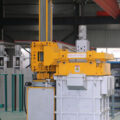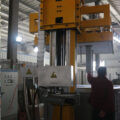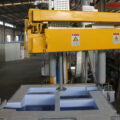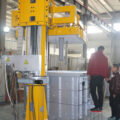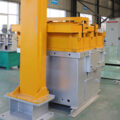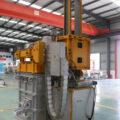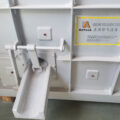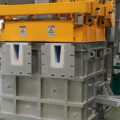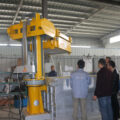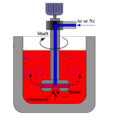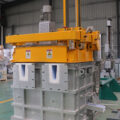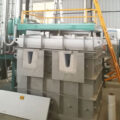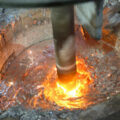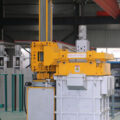The molten aluminum degassing unit manufacturing technology is very mature, and the degassing efficiency can usually reach more than 45%, depending on the alloy and the H content in the melt after treatment in the furnace.
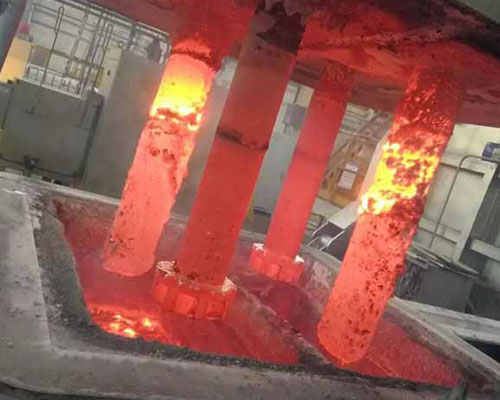
The key to the molten aluminum degassing unit lies in its use. The problems that often arise in production practice are:
The rotor runs with disease and the degassing effect is greatly reduced.
The rotor and impeller are the main materials consumed by the degassing unit. They are usually composed of graphite materials, which can withstand the corrosion of molten aluminum, and can withstand high temperatures of nearly a thousand degrees. They are valuable, but they are easily lost by oxidation; some graphite materials are not used. , More expensive.
The impeller is installed at the lower end of the rotor. Once it fails (such as falling off, damaged, etc.), it is troublesome to replace, and some cannot even be replaced. At this time, many people will let the rotor without the impeller continue to run. Anyway, it can be ventilated and bubbling, but because the effect of the impeller to disperse the bubbles is lost, the deaeration effect will be greatly reduced.
The sealing effect is poor, and the cost of use increases sharply.
The rotor is graphite and is easily oxidized at high temperatures. In order to slow down the oxidation, an inert gas atmosphere is usually maintained in the degassing tank, and the inert gas is allowed to cover the surface of the molten aluminum in the degassing tank and around the rotor. This not only slows down the oxidation of the graphite rotor, but also weakens the oxidation of the molten aluminum, which is very good.
The inert gas atmosphere is usually achieved by strengthening the seal and continuously supplying inert gas. Strengthening the seal can reduce the consumption of inert gas. However, the degassing box continues to operate at high temperatures and requires frequent operations (slag removal, etc.). The seal will be easily damaged. Once damaged, the inert gas atmosphere will be weakened, and the oxidation of the graphite rotor will rapidly increase. Especially where the graphite rotor is in contact with the molten aluminum, the oxidized part is quickly washed away, the graphite in the inner layer is oxidized more quickly, and finally, a shape with thick ends and a very thin middle is formed. The life of the graphite rotor is greatly reduced, and the use cost is greatly increase.
Poor quality of refined gas and poor degassing effect.
Refined gas is useful for N2 and Ar. If it is vaporized from liquid nitrogen or liquid argon, the water content of the refined gas is generally very low, because water in liquid nitrogen and liquid argon is no longer possible. If you use self-made nitrogen, it is easy to cause excessive water content and oxygen content if the control is not good. It is used for degassing, and the effect is poor, and it will pollute the melt if it is heavy.

